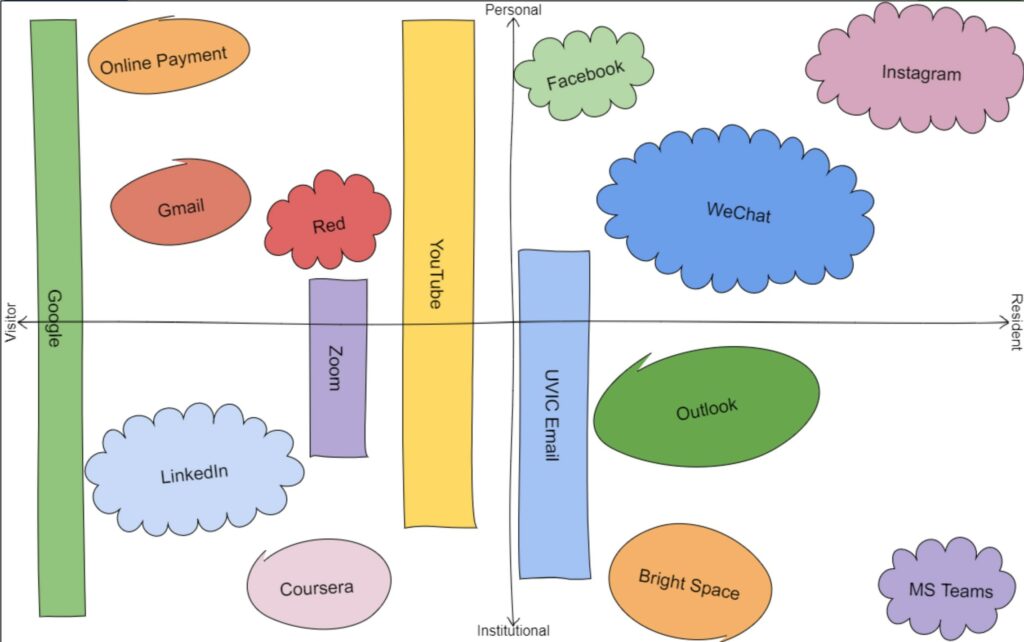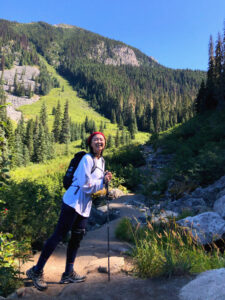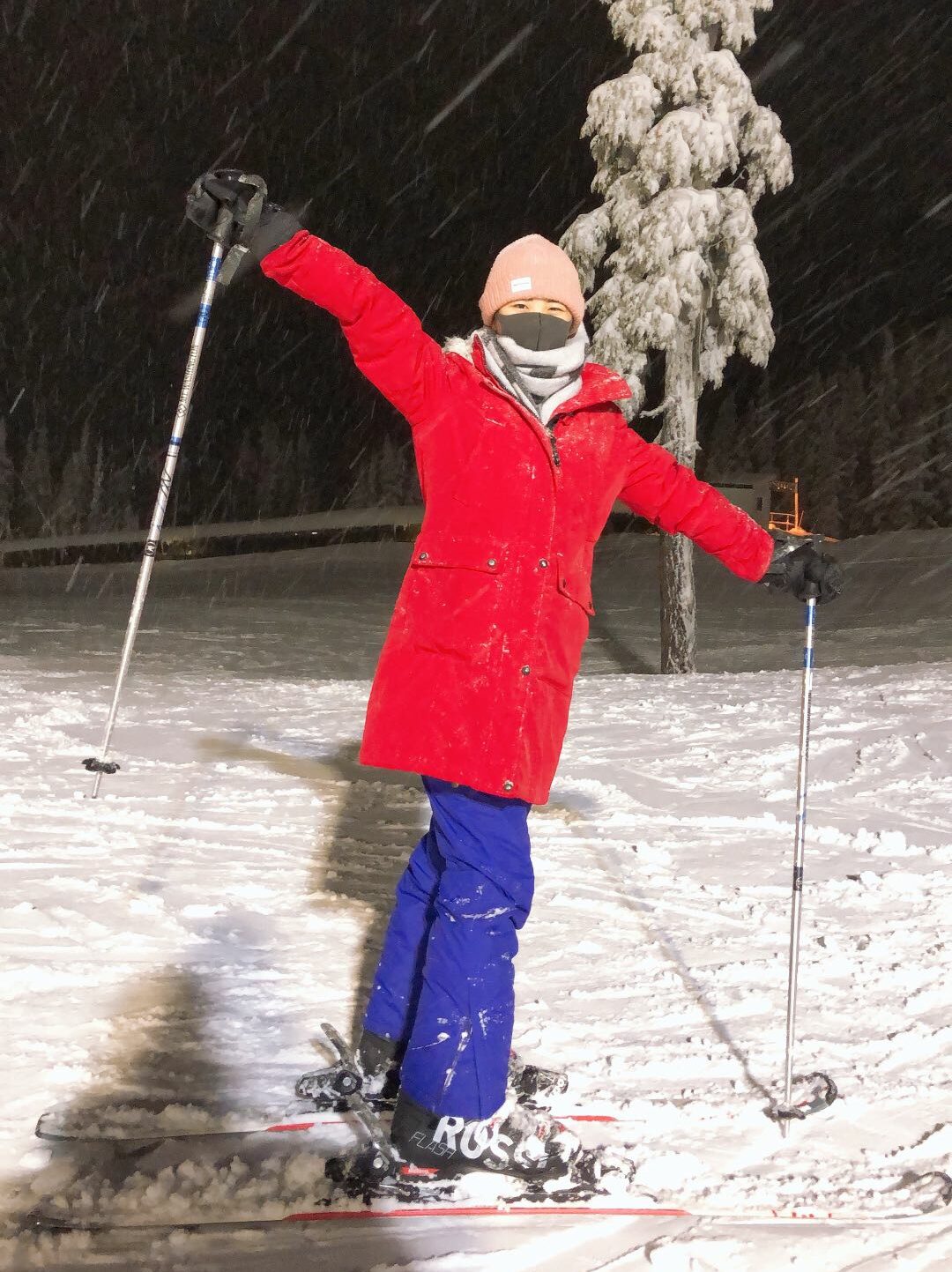
Here is my V&R Mapping. As you can see, I use Google, ZOOM, UVIC email and YouTube for both personal and institutional use. For social media, it is mainly for my personal use, like Instagram and Wechat. I use LinkedIn mainly to build my professional learning networks, and use Outlook and MS Teams for work as my organization requires.
What digital platforms are students currently using to develop their professional network?
In my opinion, LinkedIn is the most widely used software for establishing professional relationships. This software has gathered people in various fields. You can establish professional networks with your alumni and professors, and you can also establish work contacts with your colleagues and employers. By demonstrating your work experience and professional skills, you can get to know the people who have the same connection as you and get more professional connections and support. I also learned that many employers will recruit talents through LinkedIn, so managing LinkedIn accounts has the potential to get better job opportunities.
What could the student consider in expanding their professional learning network?
First of all, we should list our professional skills and experience as comprehensively as possible, because this way when others search for people with similarities, our portfolio will be more attractive and easier to establish professional learning networks.
Then we also need to use the existing real-life networks, such as classmates, professors, colleagues, etc., to turn them into digital networks. So that we can build more connections who have links to you through their network, therefore expand the professional learning network.
In your network how can you create a digital identity/ reputation?
When we create a digital identity, I think the first thing we need to do is to display the skills and experiences that are beneficial to us in our portfolio. The information must be true and based on projects or assignments we have done before. Because once the untrue and exaggerated information is proved to be fictitious, it will greatly damage our credit.
We also need to establish digital connections with professionals who are already connected in real life, because they are people who have witnessed our professional performance, and they are helpful to increase our reputation as well.
Finally, when we, college students, do not have enough experience of dealing with professional relationships, I think we should be cautious about posting stuff, liking or commenting on others’ posts. Because sometimes we don’t know if these actions will affect our professional identity.
Discover what an employer would find based on your V+R Map if you applied for a job with them?
I think it will be basic that employers will find my LinkedIn account through google search, and they will also find personal projects that I have done in the past through the information I provided. They will also do background checks and contact previous employers for references based on the work I have done before. Through interviews, descriptions of former colleagues, and my previous posts, they will probably understand what kind of personality I am and see if I meet their requirements and are suitable for their team.



